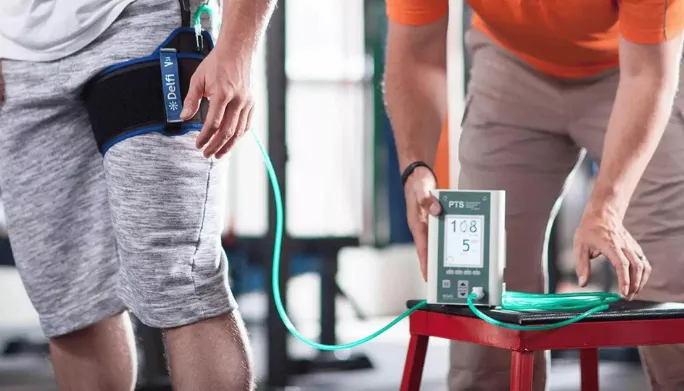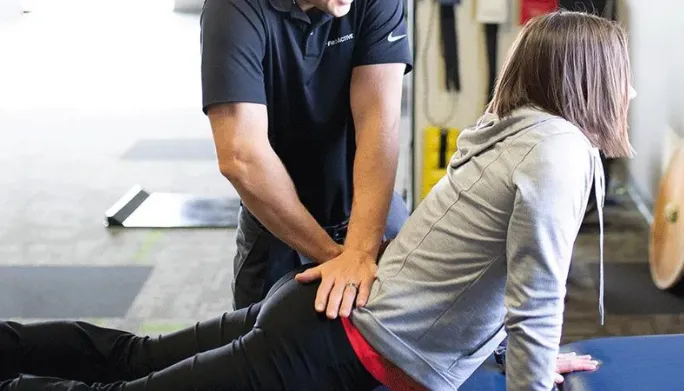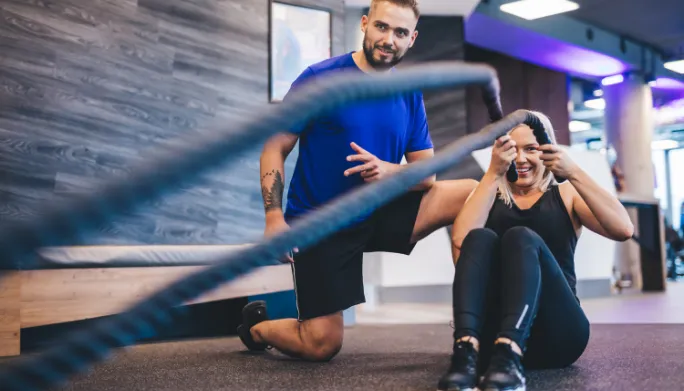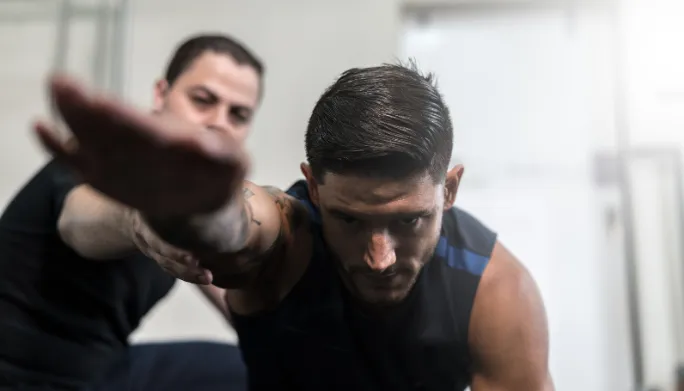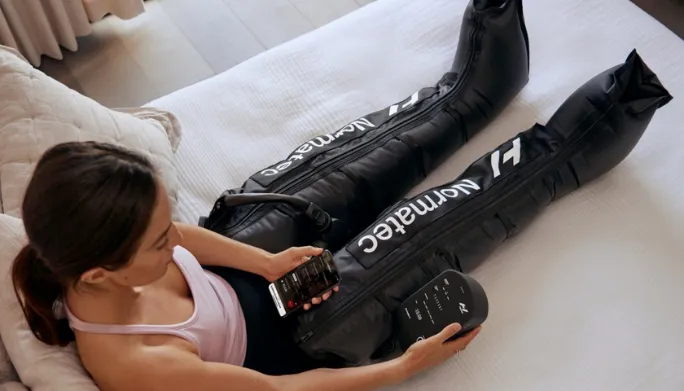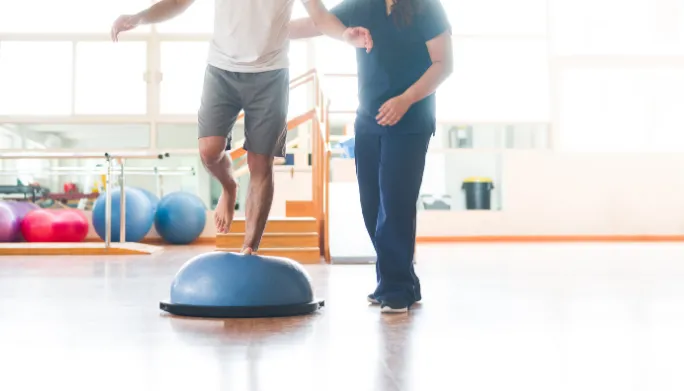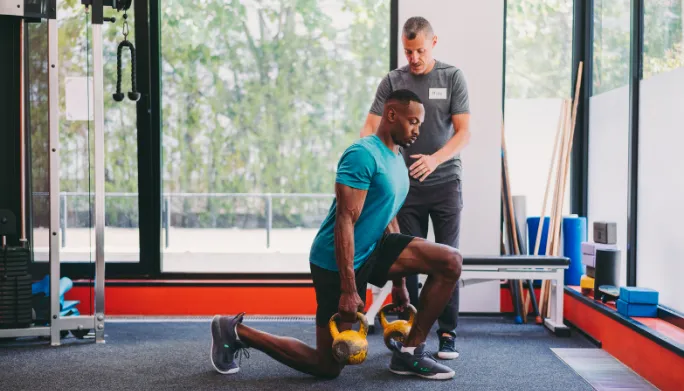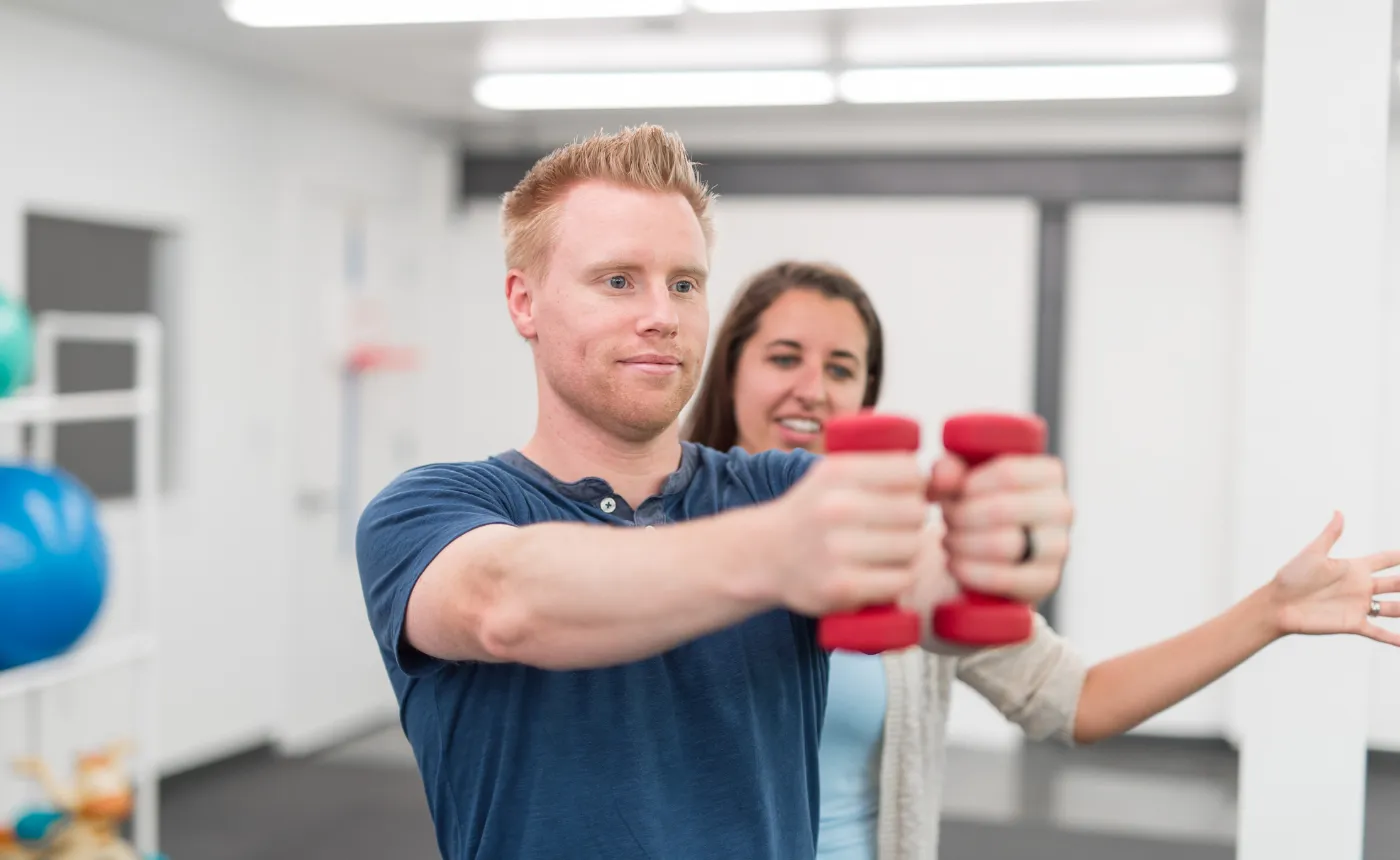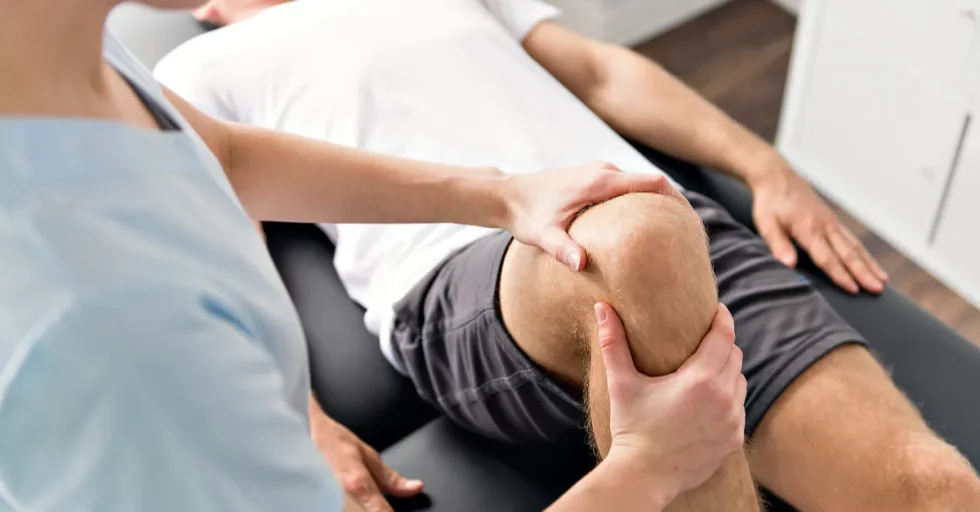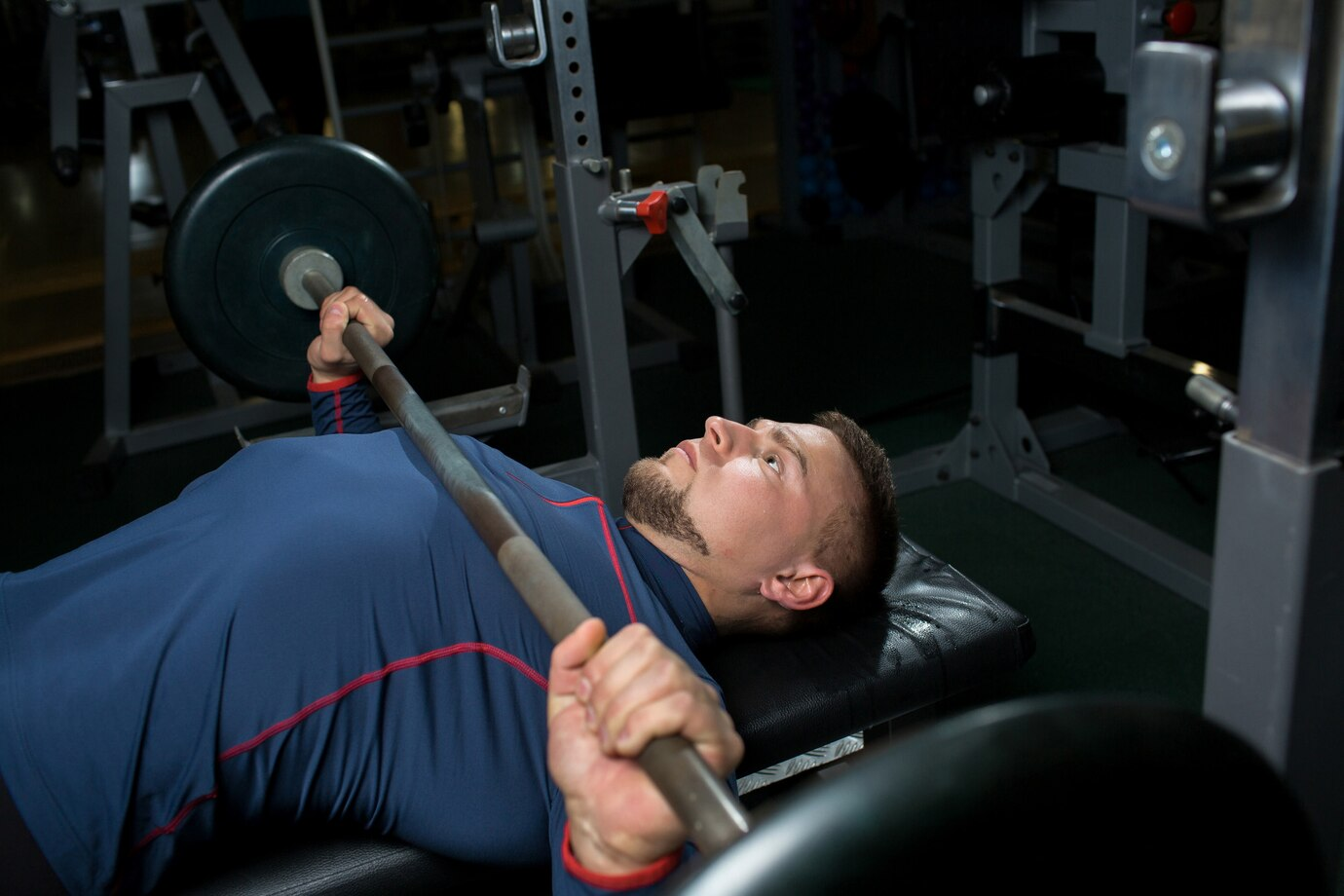Running Injuries in Seattle
Finding Relief from Running Injuries in Seattle
Have you been sidelined from running due to nagging knee pain or recurring calf injuries? If so, you’re not alone. Running injuries are extremely common, affecting up to 79% of regular runners each year. The good news is that with proper diagnosis and treatment from a knowledgeable physical therapist, you can get back on the road to recovery.
At Forefront Physical Therapy Physical Therapy in Seattle, our experienced staff specializes in treating various running-related injuries. We utilize cutting-edge analysis technology and customized treatment plans to help athletes and runners like you return to peak performance.
Understanding Common Running Injuries in Seattle
Running places significant repetitive stress on the body which can lead to numerous overuse injuries over time. Some of the most frequently diagnosed running injuries we treat include:
- Shin splints – pain or inflammation in the shin bone often characterized by pain with walking or running
- Runner’s knee – general pain around and behind the kneecap (patellofemoral pain syndrome)
- Achilles tendinitis – inflammation of the Achilles tendon causing pain and stiffness
- Stress fractures – tiny cracks in the bones of the leg from overuse
- Plantar fasciitis – sharp pain in the heel and bottom of the foot
These injuries share common causes like:
- Training errors – increasing mileage too quickly
- Faulty biomechanics – overpronation, improper form
- Improper footwear – lack of support and cushioning
- Muscle inflexibility and weakness
- Anatomical misalignments
Left untreated, these seemingly minor aches can progress to debilitating injuries taking months to heal. The sooner you seek help from a skilled therapist, the quicker you’ll be back on track.
Customized Treatment Focused on You
No two running injuries look exactly alike. That’s why at Forefront Physical Therapy PT, we perform a thorough evaluation tailored to your unique needs before creating your rehabilitation plan.
We utilize advanced technology like force plate gait analysis and musculoskeletal ultrasound to pinpoint the origin of your injury for the most accurate diagnosis.
Armed with these insights, your physical therapist will design a comprehensive treatment plan utilizing proven techniques to resolve your injury. This could involve:
- Pain-relieving modalities – ultrasound, muscle stimulation, dry needling
- Manual therapy – massage, joint mobilization, stretching
- Corrective exercises – strength training, proprioception, flexibility
- Gait retraining – improving mechanics and movement patterns
- Return-to-running programming – gradual, progressive return to avoid re-injury
We’ll continually monitor your progress and adjust treatments accordingly until you achieve your goals whether completing a 5K or qualifying for Boston.
FAQs on Running Injuries and Treatment
If you’re dealing with running pain, you probably have lots of questions about your injury and road to recovery. Here are answers to some of our most frequently asked questions:
What is the most common running injury?
The most widely reported running injuries involve the knee and lower leg. Patellofemoral pain syndrome (runner’s knee) and shin splints make up 20% and 15% of running injuries respectively.
What is an overuse injury from running?
Running overuse injuries occur due to repetitive stress applied to the body over time. Small micro tears and inflammation build up until symptoms like pain, tenderness, and loss of function occur.
What is the best way to treat running injuries?
Your recovery is accelerated working one-on-one with a licensed physical therapist. They can accurately diagnose your injury’s underlying cause and create a tailored treatment program to resolve it through modalities, targeted exercises, gait retraining, and proper return to running protocols.
What does a running injury feel like?
The specific symptoms depend on your type of injury but usually include pain, swelling, tenderness, stiffness, or loss of mobility in the affected area. You may also notice these symptoms worsen over the course of a run. Catching injuries early is key to minimize long term damage and complications. Any new or persistent pain warrants an evaluation.
Next Steps for Relief
To set up your initial exam with one of our running injury specialists at Forefront Physical Therapy, you can:
- Call (206) 279-2870 to speak with a scheduling coordinator
- Request an appointment online for the Seattle clinic location
- Stop by our convenient downtown office for an injury screening
We look forward to helping you resolve your running injury for good!
About The Author
Dan Benson, a Physical Therapist specializing in Physical Therapist, puts patients at the forefront of their care. With years of experience, they guide individuals towards achieving their best selves. At Forefront Physical Therapy in Seattle, Dan Benson crafts individualized plans using cutting-edge techniques, empowering patients to overcome limitations and thrive.
Common Areas We Can Help With!




